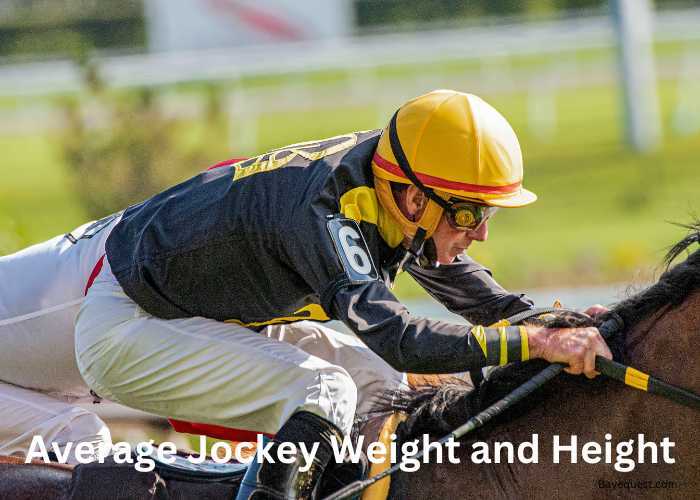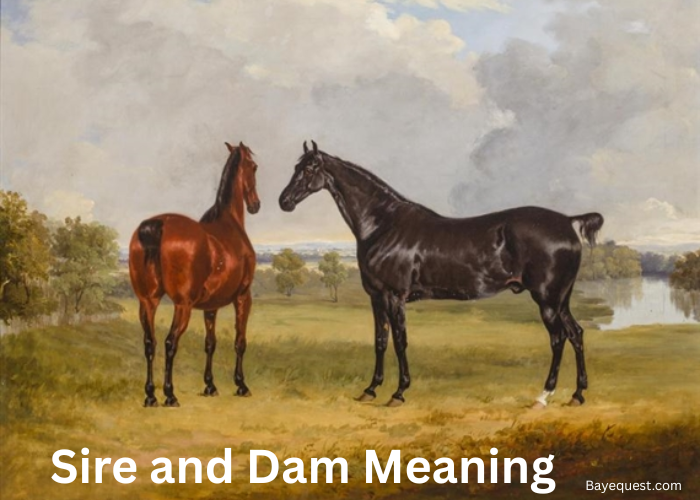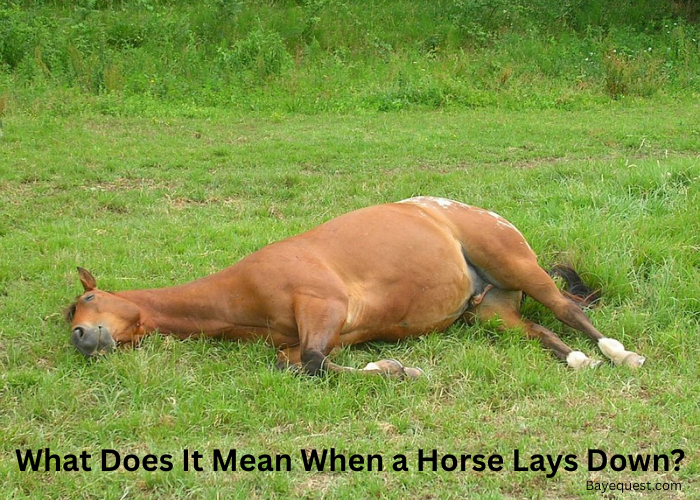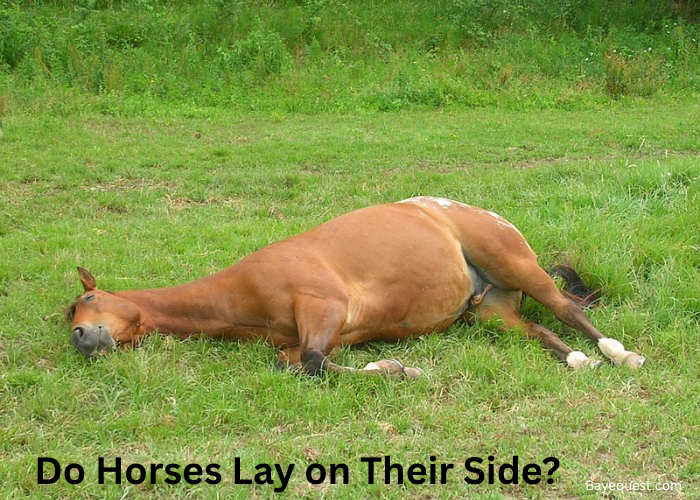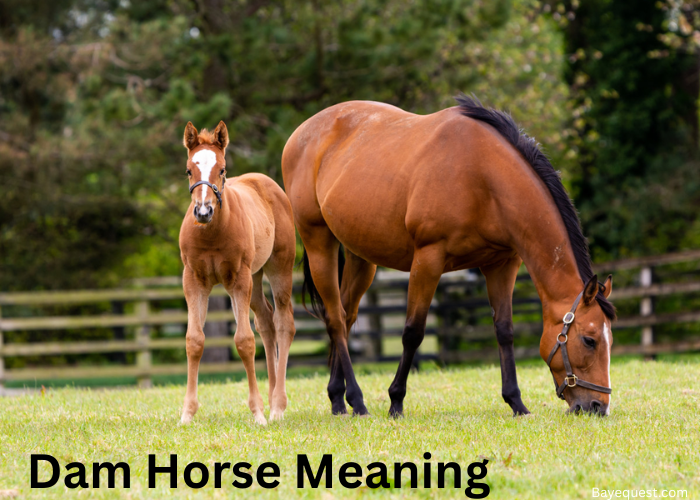In horse racing, speed isn’t just about the horse. Jockeys are built for the sport too. They balance strength and lightness to perform at their best.
Their size plays a big role in success. But what do those numbers look like? Today, we’ll explore the average height and weight of jockeys.
We’ll see how these athletes use their unique build. Let’s dive into what makes them so fit for this demanding sport.
Average Jockey Weight and Height: Key Takeaway
The average weight for jockeys falls between 108 to 118 pounds (49-54 kg) for men and 104 to 114 pounds (47-52 kg) for women. In terms of height, male jockeys range from 5’2″ to 5’6″ (157-167 cm), while female jockeys usually stand between 5’0″ to 5’5″ (152-165 cm).
What is a Horse Jockey?
A horse jockey is a professional athlete who rides horses in races. Their primary job is to guide the horse around the track at high speeds.
They must have excellent balance, strength, and quick reflexes to control the horse and make split-second decisions during the race.
Jockeys are often smaller in stature, with their weight and height maintained to keep the horse light and fast. This is why jockeys are on strict diets and intense training routines.
In addition to riding, jockeys work closely with trainers to develop strategies for each race. They must understand the horse’s strengths and weaknesses, the track conditions, and the competition.
Jockeys are key players in horse racing, combining skill, strategy, and athleticism to compete at the highest levels.
Horse Jockey Height and Weight
Here’s a table outlining the average weight and height of male and female horse jockeys in different types of races.
| Category | Gender | Average weight | Average height | Race type |
| Thoroughbred racing | Male | 108-118 lbs (49-54 kg) | 5’2″ – 5’6″ (157-167 cm) | Flat racing |
| Female | 104-114 lbs (47-52 kg) | 5’0″ – 5’5″ (152-165 cm) | Flat racing | |
| Jump racing | Male | 130-150 lbs (59-68 kg) | 5’4″ – 5’10” (162-178 cm) | Hurdles/Steeplechase |
| Female | 120-135 lbs (54-61 kg) | 5’2″ – 5’7″ (157-170 cm) | Hurdles/Steeplechase | |
| Harness racing | Male | 140-160 lbs (63-73 kg) | 5’6″ – 5’11” (167-180 cm) | Trotting/Pacing |
| Female | 125-140 lbs (57-63 kg) | 5’4″ – 5’9″ (162-175 cm) | Trotting/Pacing |
Why Does the Jockey Size Matter?
The size of a jockey matters because it directly impacts the horse’s performance in a race. A lighter jockey allows the horse to move more freely and maintain higher speeds, which is crucial in competitive racing.
The jockey’s height also plays a role in maintaining balance and control over the horse, especially during tight turns and at high speeds.
A smaller, lighter jockey reduces the strain on the horse, allowing it to conserve energy and perform better throughout the race.
Additionally, the jockey’s size affects the overall weight carried by the horse, which is regulated in racing to ensure fairness.
The right balance between a jockey’s weight and height is essential for achieving the best possible race results while maintaining the horse’s well-being.
Weight Limit for Jockeys
The weight limit for jockeys is a crucial aspect of horse racing, as it ensures fair competition and the well-being of the horses.
Weight limits for jockeys in flat racing range from 112 to 126 pounds (51 to 57 kg), including their gear.
These limits are set by racing authorities and vary depending on the type of race and the specific rules of the racing jurisdiction.
In some cases, jockeys may carry additional weights in the form of lead pads in their saddles to meet the required limit if they are lighter. Maintaining this weight is a constant challenge for jockeys.
Exceeding the weight limit can result in disqualification from the race, making it essential for jockeys to manage their weight.
Related read: Weight Limit for Horseback Riding.
Height Limit for Jockeys
There is no strict height limit for jockeys, but most jockeys are between 5’2″ and 5’11”. This height range helps maintain a low center of gravity, which is important for balance and control while riding.
Taller jockeys may find it harder to stay within the required weight limits, which is why shorter stature is common in the profession. While height isn’t regulated, being shorter can be an advantage in horse racing.
Exceptions that Confirm the Rule
In horse racing, there are always exceptions to the typical jockey size. Some successful jockeys have been taller or heavier than average.
These riders often have exceptional skills or unique techniques that compensate for their size.
For example, some taller jockeys may have better balance or stronger communication with the horse. These exceptions show that while size is important, skill and strategy can also play a big role in success.
Even if a jockey doesn’t fit the usual mold, they can still excel with the right abilities.
Extreme Methods Jockeys Take to Stay Small
Jockeys often go to extreme lengths to stay within the strict weight limits required for horse racing. Here’s how some of these methods work:
Dehydration
Jockeys sometimes use dehydration to quickly lose weight before a race. This can involve wearing sweat suits, using saunas, or limiting fluid intake to shed water weight.
While effective in the short term, dehydration can be dangerous. It may lead to fatigue, dizziness, and even serious health issues if done repeatedly.
Irregular eating
To stay light, some jockeys adopt irregular eating habits. This might mean skipping meals, eating very small portions, or following restrictive diets.
While this helps them maintain a lower weight, it can lead to poor nutrition, low energy levels, and long-term health problems.
Flipping
Flipping is a term used in horse racing for induced vomiting. Some jockeys use this method after eating to prevent gaining weight.
It’s an unhealthy practice that can lead to serious complications. These may include damage to the oesophagus and teeth, as well as long-term digestive issues.
Extreme exercise
Jockeys often engage in rigorous workout routines to burn calories and keep their weight low. This can include high-intensity cardio exercises like running, cycling, or extended treadmill sessions.
These workouts are often done in addition to their regular riding and training, helping them stay lean and fit.
Laxatives and diuretics
Some jockeys use laxatives or diuretics to lose weight by eliminating water and waste from their bodies.
Laxatives help with bowel movements, while diuretics increase urine production. Both result in quick weight loss.
However, these practices can lead to severe dehydration, electrolyte imbalances, and other health complications.
What is the Age Limit for Horse Jockeys?
There is no strict age limit for horse jockeys. However, most jockeys begin their careers in their late teens to early twenties.
They can continue racing well into their 40s or even 50s, depending on their physical condition and performance. The key factor is the jockey’s ability to maintain the necessary fitness, weight, and skill level to compete.
While younger jockeys might have an advantage in terms of agility and endurance, older jockeys often bring experience and strategic insight to the race.
Ultimately, as long as a jockey can meet the physical demands of the sport, they can continue racing regardless of age.
The Size of the Smallest Horse Jockey
The smallest horse jockey on record is often considered to be Kenneth Glover. He stood just 4 feet 10 inches (147 cm) tall and weighed around 65 pounds (29 kg).
Glover raced during the mid-20th century and, despite his small stature, had a successful career in horse racing. His size allowed him to be extremely light on the horse, which can be an advantage in certain races.
While he is one of the most famous examples, many jockeys are similarly small. The profession favors those of shorter stature and lighter weight.
How Big is the Biggest Horse Jockey?
The biggest horse jockey on record is likely Stuart Brown. He stood 6 feet 2 inches (188 cm) tall and weighed around 143 pounds (65 kg) during his racing career.
His height made him an exception in a sport where jockeys are much shorter and lighter.
Despite his size, Brown managed to have a successful career, proving that skill and determination can overcome physical differences.
Reasons Horse Jockeys are Weighed Before and After a Race
Horse jockeys are weighed before and after a race to ensure fairness and compliance with race regulations.
Before the race, jockeys are weighed to confirm they meet the required weight limit, including their gear. This ensures that no horse has an unfair advantage due to a lighter rider.
After the race, jockeys are weighed again to check if they maintained the correct weight during the race. This post-race weighing ensures that no weight was lost or dropped, which could affect the race results.
These weigh-ins help maintain the integrity of the competition and ensure all participants follow the rules.
2024 Kentucky Derby Jockeys Height and Weight
| Jockey name | Horse name | Weight (lbs) | Height | Nationality |
| Tyler Gaffalione | Sierra Lione | 112 | 5’ 3” | American |
| John Velazquez | Fierceness | 112 | 5’ 6” | Puerto Rican |
| Flavien Prat | Catching Freedom | 113 | 5’ 5” | French |
| Antonio Fresu | Stronghold | 114 | 5’ 4” | Italian |
| Junior Alvarado | Resilience | 113 | 5’ 6” | Venezuelan |
| Ryusei Sakai | Forever Young | 112 | 5’ 2” | Japanese |
| Umberto Rispoli | Endlessly | 113 | 5’ 5” | Italian |
2024 Kentucky Derby Jockey Standings
| Jockey name | Weight (lbs) | Height | Nationality |
| Flavien Prat | 113 | 5’ 5” | French |
| Irad Ortiz, Jr. | 112 | 5’ 3” | Puerto Rican |
| Tyler Gaffalione | 112 | 5’ 3” | American |
| Jose Ortiz | 113 | 5’ 5” | Puerto Rican |
| Cristian Torres | 114 | 5’ 4” | Venezuelan |
| Luis Saez | 113 | 5’ 4” | Panamanian |
| Juan Hernandez | 112 | 5’ 6” | Mexican |
| Paco Lopez | 114 | 5’ 4” | Mexican |
| Keith Asmussen | 115 | 5’ 6” | American |
| Joel Rosario | 114 | 5’ 5” | Dominican |
How Much Money Do Horse Jockeys Make?
Horse jockeys’ earnings can differ a lot.
New jockeys may earn about $30,000 a year, mostly from small race winnings and retainer fees.
Mid-level jockeys typically make between $50,000 and $100,000 annually. They earn more from race prizes, retainers, and bonuses.
Top jockeys, especially those in big races like the Kentucky Derby, can earn hundreds of thousands to millions of dollars each year. Their income comes from large prize money, big bonuses, and sponsorship deals.
Besides racing, jockeys also earn from sponsorships, media appearances, and commentary jobs.
While some jockeys earn a modest income, the top ones can make a lot of money.
Interesting Facts About Horse Jockeys That You May Not Know
Here are 10 interesting facts about horse jockeys that you may not know:
1. Small but strong. Jockeys are typically between 4’10” and 5’6″ tall, but they need incredible strength to control powerful racehorses.
2. Strict weight limits. Most jockeys weigh between 108 and 118 pounds, and they often follow strict diets and exercise routines to stay within these limits.
3. Dangerous job. Horse racing is one of the most dangerous sports, and jockeys are at high risk for serious injuries during races.
4. International sport. Jockeys come from all over the world, with top riders hailing from countries like the United States, Puerto Rico, France, and Japan.
5. High earnings potential. Top jockeys can earn millions of dollars annually, especially if they win major races like the Kentucky Derby.
6. No age limit. There’s no official age limit for jockeys. Many start young, but some continue racing into their 40s and even 50s.
7. Early mornings. Jockeys often start their day before dawn, exercising horses and preparing for races.
8. Mentally tough. Jockeys need sharp mental skills to make split-second decisions during races, in addition to physical ability.
9. Weight-carrying gear. If a jockey is too light, they may carry extra weight in their saddle to meet race requirements, ensuring fairness.
10. Famous names. Some jockeys become household names, especially after winning major races. Legends like Bill Shoemaker and Lester Piggott are celebrated in the sport’s history.
Average Jockey Weight and Height: Conclusion
In the world of horse racing, size truly matters. The average weight and height of jockeys are key to winning races.
They may be small, but their impact is huge. Maintaining the perfect balance of lightness and strength is no easy feat.
Jockeys follow strict routines to stay race-ready, proving that great things often come in small packages.
So, the next time you watch a race, remember the incredible skill and dedication behind those tiny yet mighty riders.
Now, check out our horse sizing guide to see how different breeds measure up, and find the perfect match for your riding goals.




